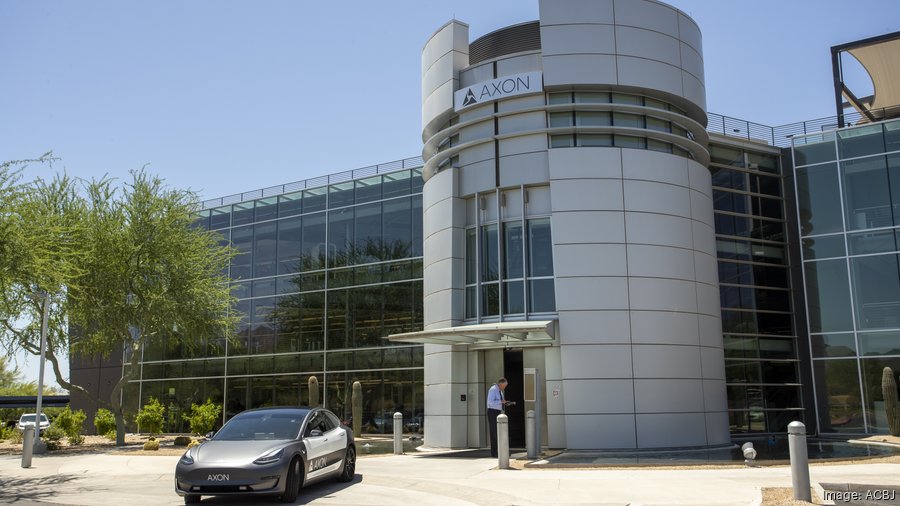1960 Md. sit-in case remembered as part of history
Oct 27, 2013, 3:10 PM
WASHINGTON (AP) – Robert M. Bell was 16 years old when he recruited classmates to join a sit-in at a downtown Baltimore restaurant. The sit-in was Bell’s first, and he remembers being a little nervous.
On the afternoon of June 17, 1960, the group entered Hooper’s restaurant, and a hostess said she wouldn’t seat them. “I’m sorry, but we haven’t integrated as yet,” she said. The group pushed past her and sat anyway. Police were called, and 12 demonstrators, including Bell, were charged with trespassing. Eventually, the case made it all the way to the U.S. Supreme Court.
This month marks 50 years since the case known as Bell v. Maryland was argued in front of the justices. In the 50 years since, Bell went on to become a lawyer and later a judge on Maryland’s highest court, where he sat on the bench with two men who had been prosecutors on his case. He became the court’s chief judge in 1996, a position he held until retiring earlier this year age 70. U.S. Supreme Court Justice Elena Kagan called him a “living legend” before a recent lecture on the case at the Supreme Court.
Bell and others who went to Hooper’s that day said participating in the sit-in was a brief act but part of history.
“I had never thought about what the impact of going into a sit-in demonstration would be in the long haul, but it’s become as much a part of my persona, I guess, or the history that I have been participating in, as anything else I’ve done,” Bell said in an interview last week. He added the case is mentioned every time he is introduced and that he keeps a photo of the group on his iPad.
The sit-in at Hooper’s followed others nationwide. Earlier that year, four black college students sat down at a lunch counter at a Woolworth’s in Greensboro, N.C., igniting sit-ins to campaign for equal treatment for African-Americans.
LouEllen Brown, a classmate of Bell’s who participated in the Hooper’s sit-in, said the restaurant turned off the lights and air conditioning so it got hot and stuffy. Brown said that at 16, she hadn’t realized she couldn’t eat at certain restaurants because she was black, and it “opened my eyes.”
Brown, who became a teacher, still has documents that told her which days she had to go to court and said she occasionally shows them to students. For years, they were the only framed item hanging in her home, said Brown, who lives in the U.S. Virgin Islands.
“It reminds me of where I’ve been and where I’ve come from and not to take anything for granted,” said Brown, whose cousin Annette Green, now Annette Newsome, also participated in the sit-in.
Baltimore resident Rosetta Gainey was another demonstrator that day. Then 18 and studying business, Gainey remembers sitting at the restaurant’s counter, right next to a large coffee urn. A waitress, she said, wanted to make the experience as uncomfortable as possible and turned the machine on so it made an unpleasant odor.
“For years later, every time I would think about drinking a cup of coffee, I would have flashbacks,” Gainey said.
A few months after their protest, a judge convicted the group of trespassing and fined them $10 each, though the fines were suspended. Their convictions were later upheld by Maryland’s highest court _ the one Bell would come to lead. The court wrote that “the right to speak freely and to make public protest does not import a right to invade or remain upon the property of private citizens.”
The case was then appealed to the Supreme Court, but its ruling in 1964 was largely a letdown. By then, four years after the sit-in at Hooper’s, Maryland had changed its laws so that businesses could not deny customers service based on their race. As a result, a majority of justices decided to send the case back to Maryland’s highest court, asking it to reconsider the case in light of the new laws. But even some of the Supreme Court justices were upset that their court ducked the constitutional questions in the case.
“There is no specific provision in the Constitution which protects rights of privacy and enables restaurant owners to refuse service to Negroes,” Justice William O. Douglas wrote in a separate opinion.
Without his colleagues’ support, however, the case ended uneventfully.
“As it turns out, it is a footnote in history,” Bell said of the case.
___
Follow Jessica Gresko at
http://twitter.com/jessicagresko
(Copyright 2013 The Associated Press. All rights reserved. This material may not be published, broadcast, rewritten or redistributed.)








